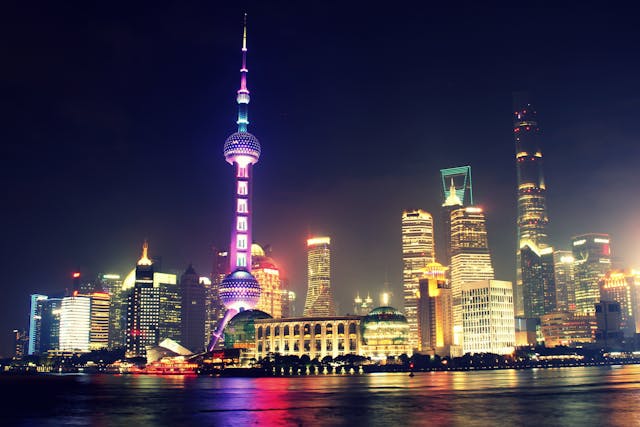Billions in potential transactions remain unapproved, marking 2024 as one of the weakest years for M&A activity in a decade
In a significant blow to its economic momentum, China grapples with a labyrinth of regulatory challenges that hinder business transactions, leaving billions of dollars in potential deals stagnant. Despite recent government efforts to stimulate growth, the country is on track for the worst year in over ten years for mergers and acquisitions.
The Chinese regulatory landscape, known for its complexity and stringent requirements, has become a formidable barrier for companies seeking to execute transactions. Analysts at Bloomberg highlight that even as Beijing initiated stimulus measures in September, deal activity has remained sluggish, indicating broader economic difficulties. Initial public offerings in Hong Kong further illustrate the trend, having raised less than 20% of the capital garnered four years ago, reflecting a market struggling to regain its former vibrancy.
Key industry players express mounting frustration. Executives lament the cumbersome approval process, which not only delays transactions but also diminishes investor confidence. The extensive oversight from various regulatory bodies has left many firms questioning their capacity to navigate these obstacles effectively.
Embed from Getty ImagesLocal businesses, particularly those reliant on foreign investment, find themselves in precarious positions. The situation has raised alarms among economic analysts, who warn that a sustained decline in M&A activity could stifle innovation and slow the country’s overall economic growth. As the deadline for year-end transactions looms, many firms fear they may miss crucial opportunities to expand or consolidate their market positions.
Moreover, the sluggish pace of approvals contrasts sharply with the rapid changes in global markets, where competitors adapt more swiftly to emerging opportunities. The Chinese government faces pressure to streamline processes and foster a more business-friendly environment. In response, officials have signalled a willingness to reform, but tangible changes remain elusive.
Looking ahead, industry stakeholders remain hopeful yet cautious. They recognise the need for a more agile regulatory framework that balances oversight with the necessity of facilitating economic activity. As China continues to assert its position on the global stage, the eyes of investors will undoubtedly remain fixed on how the government addresses these challenges.
In the meantime, businesses must adapt to this uncertain landscape, striving to thrive amid the complexities of Chinese regulation. As they navigate these turbulent waters, the focus will increasingly shift towards resilience and innovation, essential elements for enduring success in today’s ever-changing economic climate.
